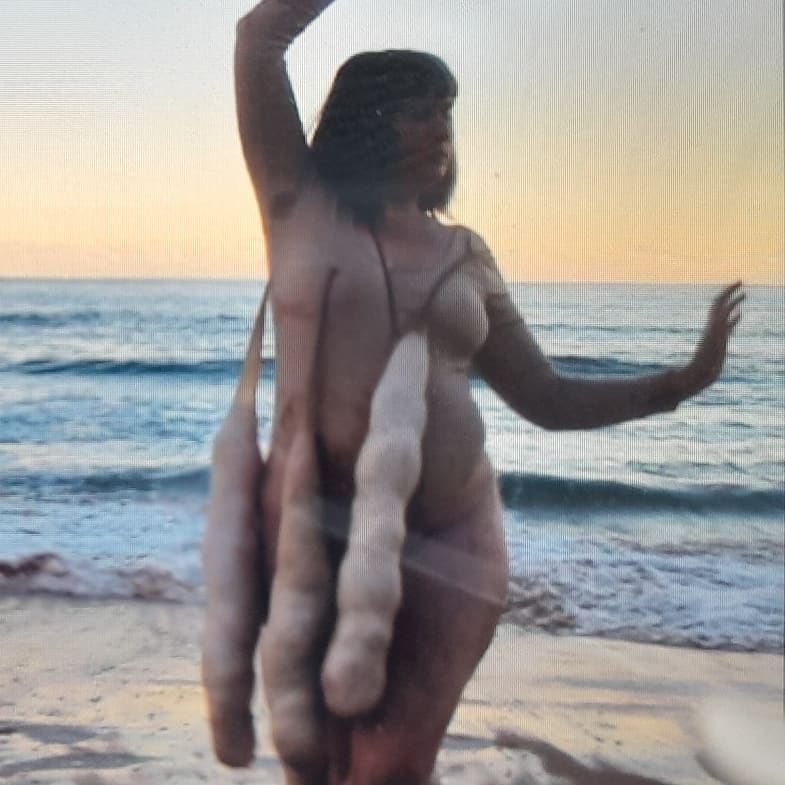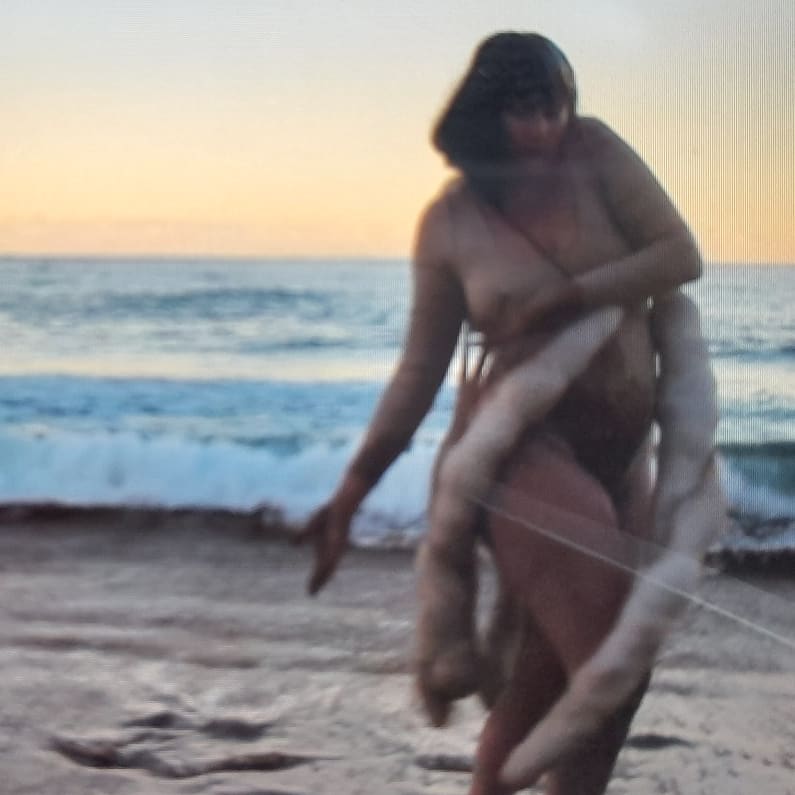
Autobiographical Rhetoric and The Collective Healing
In some respects my practise initially started evolving when I was 9 or 10. My stepmother at the time told me I couldn't keep a diary so I started developing secret autobiographical notes. Initially it was one note. The note said that I hated her. Because she kept retelling her story of how her father let her have a diary and he read it behind her back which eventually lead to her being kicked out because he read in her diary once that she hated him, I was paranoid that she would find my note. Eventually I scrunched it up and threw it in the bin while the whole family was going into Auburn train station with a bin in sight. She asked me what it was and I said it was rubbish or something to that effect. She didn't stop to look at it. After that I started to love her as well as hate her. The hate couldn't stop at the time as she was still abusing me but there were times when she tried to be a mother to me and thats where I developed love for her.
After my stepmother moved out I started writing my own diaries. Sometimes my diary was a kind listening friend whilst other times it existed to exorcise my inner turmoil growing up in an abusive family. As I have grown in my practise so has my type of narrative evolved. I consider my audience and after taking 28 years to officially break free from an abusive home and biological family, I didn't think it would be helpful to me and my audience to second hand experience that toxic environment. So a new self rhetoric and creative expression was born.
Having my first solo exhibition really helped me take stock of my practise and how I wanted to portray the wounds that make up a sizeable portion of my lived existence. I wanted to make a platform for my voice but also have my healing and who I've become reflected in that voice. I started creating my work that showed the abuse I'd been subjected to but in a way that was also healing and empowering to the viewer whilst letting go of the people that put me through it. The majority of my biological family are not apart of my life anymore and even though I know they wish me harm, harming me is an option I have taken away from them. So letting go of the anger
I feel towards these people piece by piece is now safe for me to do. Some call it forgiveness but I call it releasing people from your daily life.
I've seen what dwelling on hurt and holding grudges does to a person. My mother being the prime example. She still fantasises about revenge and this anger has adequately held her back in life and continues to do so. I've decided this is not my destiny and although my work often contains my own narrative, the larger purpose is to contribute to the collective healing of the world. Many people are victims of family violence and there are still people that carry those experiences in secret because unfortunately there are a lot of people that see victims of family violence as a threat to the family unit. We're often characterised as jealous of close knit families and trying to drive them apart but what they don't realise is that many survivors of family violence not only encourage closeness in healthy families but are also very community minded and help contribute positively to society.
When you're born without an adequate support network, you become more passionate about creating them and that often leads to something bigger such as community, collectives and community service. It leads to people becoming more compassionate and having better social and interpersonal skills. With a focus on family violence I also raise awareness on issues of homelessness which is also a very stigmatised issue that calls for more compassion and empathy in society. This is where my own narrative helps contribute to the many and this is at the heart of my practise.
